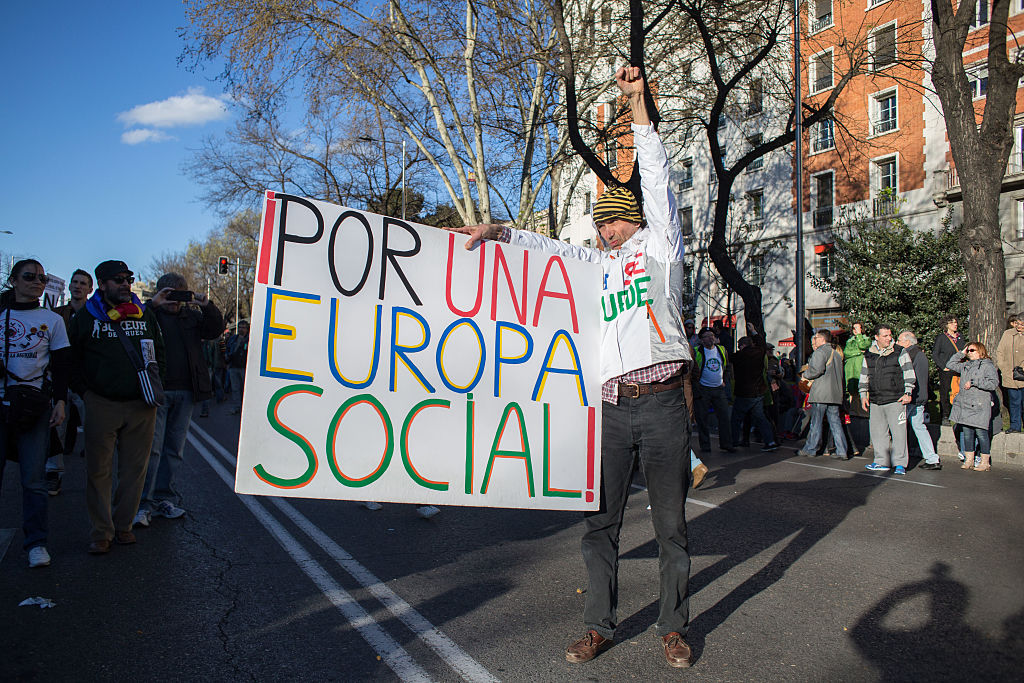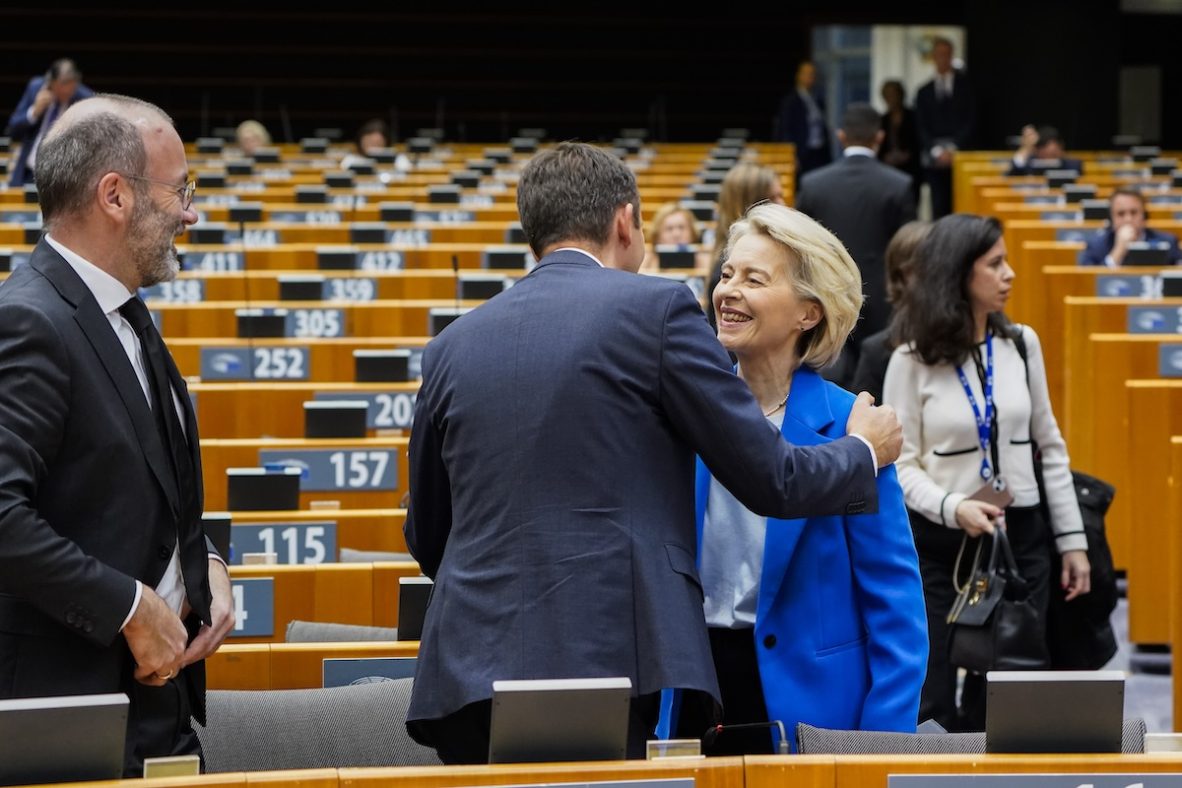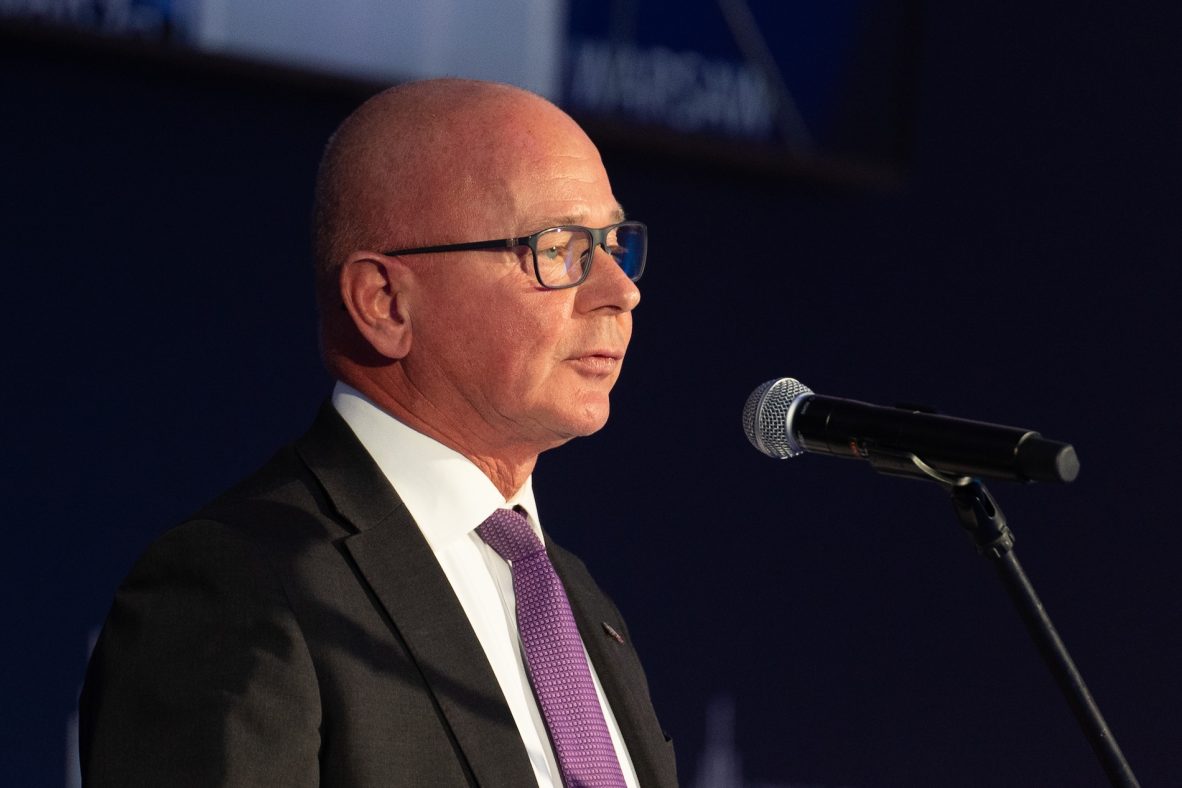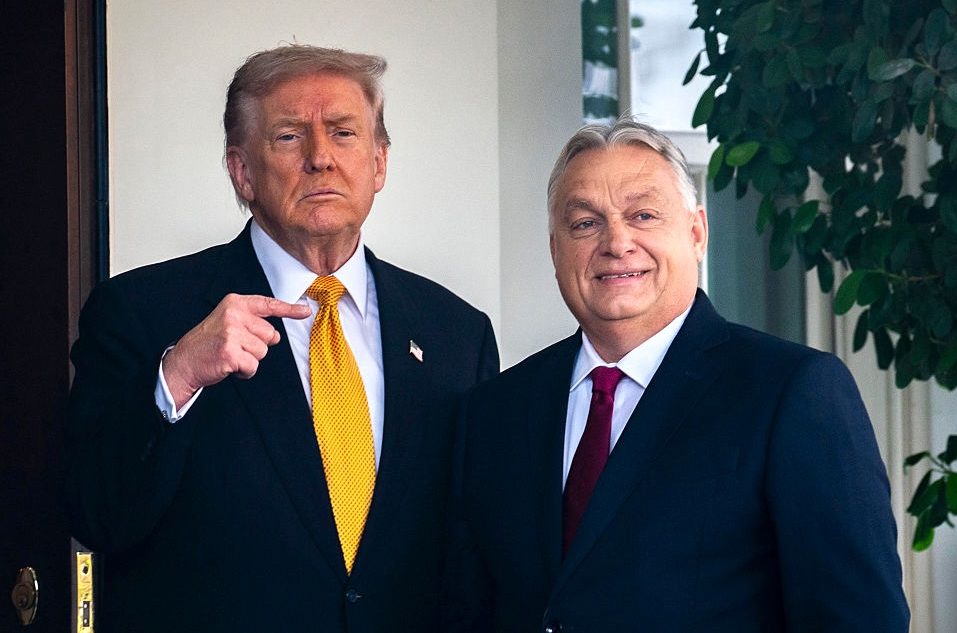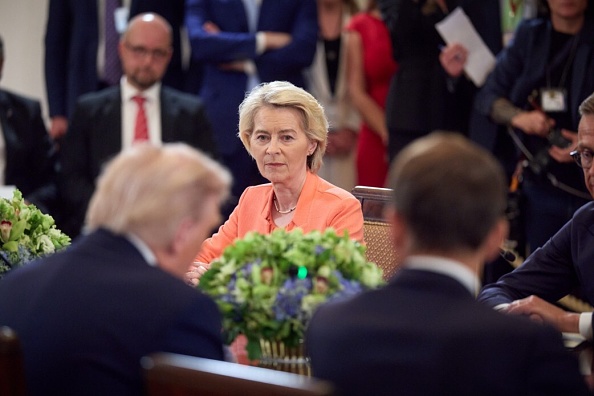A Trump-Xi deal won’t save Europe from a superpower squeeze
To remain a pole in the new multipolar world, Europe will need to use whatever breathing space this week's US-China summit might provide to secure its own supply chains, reduce dependencies, and boost its global leverage
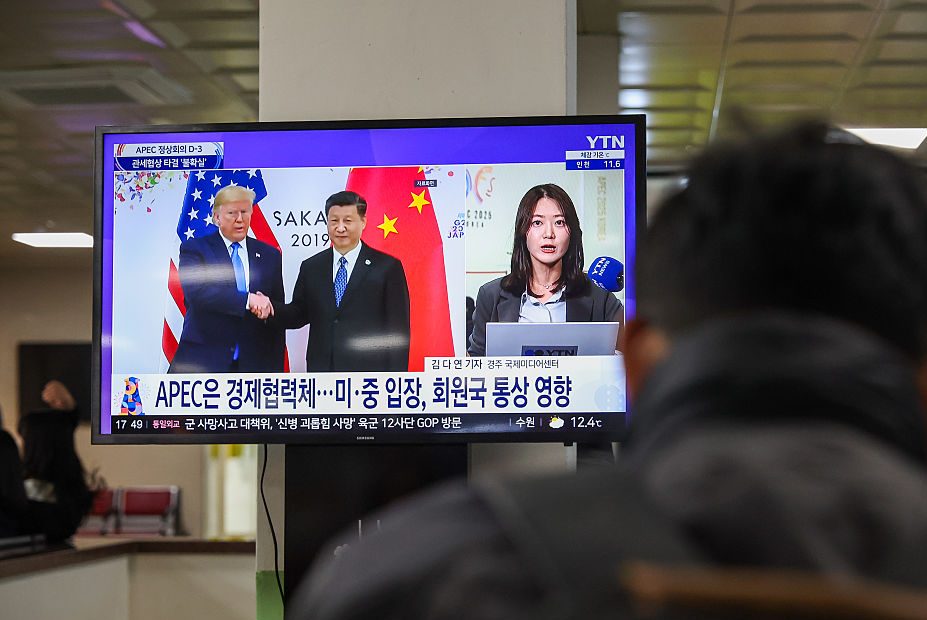
When President Trump sits down with President Xi Jinping on the sidelines of this week’s summit in South Korea, no European will be at the table. Yet European interests hang decisively in the balance. The meeting comes at a moment when Europe’s vulnerability to superpower rivalry has never been more starkly exposed. Over recent months, Europeans have discovered just how painfully squeezed they are between Washington and Beijing.
This summer’s one-sided trade deal with the US was a brutal reminder of Europe’s reliance on US security guarantees. An even bigger shock came with China’s recent restrictions on rare earth exports, which have sent panic rippling through European capitals. The threat is existential: These restrictions could bring European automaker production lines and defence manufacturing to a grinding halt. According to ECB calculations, a staggering 80% of large European firms are no more than three intermediaries away from a Chinese rare earth producer.
Nor is China’s leverage over Europe limited to rare earths. A Chinese ban on exports of semiconductors by Nexperia, the world’s biggest manufacturer of mass market chips, has threatened to halt production at European carmakers. The Chinese move came in response to the Dutch government’s decision to seize control of Nexperia, which was acquired by China’s Wingtech in 2019. The Dutch government claimed it was acting on its own national security concerns, but its move came a day after Washington added subsidiaries of Wingtech to its “entity list,” which would have effectively shut it out of the US market.
The good news is that Trump and Xi appear likely to reach some form of agreement in Seoul, averting a threatened escalation that would have plunged the global economy into chaos. Scott Bessent, the US Treasury Secretary, says that the two sides have agreed on a “very positive” framework for a deal that includes a one-year pause on China’s new rare earth export restrictions, as well as “substantial” Chinese purchases of US soybeans. In exchange, Washington may ease some of its own technology export controls and possibly cut some tariffs.
Nonetheless, this would be nothing more than a ceasefire in the trade war between the two superpowers, not a peace treaty. Regardless of what gets agreed in Seoul, both will continue their aggressive pursuit of self-sufficiency. China’s latest five-year plan makes Beijing’s intentions crystal clear: continued massive investment in domestic manufacturing and a determined drive to dominate emerging technologies. Meanwhile Washington has been striking deals worldwide to reduce dependence on Chinese supplies of critical minerals. Recent weeks alone have seen agreements with Australia, Japan, Malaysia, and Thailand.
Europe’s rude awakening on rare earths
Europeans did not need any further reminder of the perilous position in which they find…
6 minutes
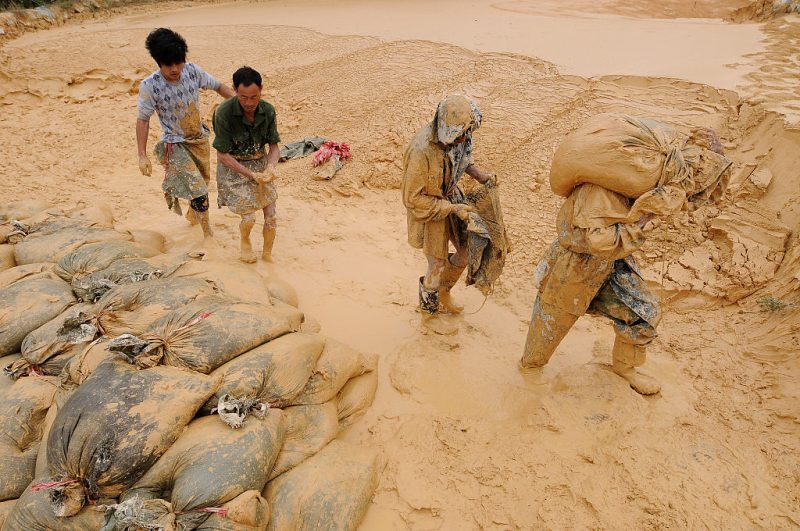
Indeed, the US-China rivalry is intensifying, playing out across every geography and sector of the global economy. Taiwan remains the most dangerous flashpoint. Beijing’s decision to conduct military drills off the Taiwanese coast days ahead of the summit sent a strong signal that reunification of the island with the mainland remains a key strategic priority. It continues to put pressure on Western capitals to disavow support for Taiwanese independence. Some China hawks in Washington fear that in his eagerness for a deal with Xi, Trump might acquiesce.
But the competition extends far beyond the Indo-Pacific. The Trump administration has made clear that the quid pro quo it is seeking in return for the extraordinary financial support it extended to President Javier Milei ahead of Sunday’s midterm elections was a limit to Chinese influence in Argentina. Indeed, countering Chinese influence is central to what has become known in Washington as the “Donroe Doctrine” – Trump’s updated version of the 19th-century Monroe Doctrine, under which America is aggressively asserting hegemony over the Western Hemisphere, not least with military pressure on the Maduro regime in Venezuela.
This geopolitical battle now extends to energy, where Trump is aggressively seeking to disrupt the green transition. Trump’s assault on the scientific climate change consensus, which now extends to actively censoring climate science by scrubbing US government websites and purging meteorological agencies, is partly an attempt to protect its position as the world’s largest exporter of fossil fuels, but also to prevent China from leveraging its commanding dominance in clean technology to control yet another critical global chokepoint. The result was that the Trump administration last month sabotaged a global shipping industry carbon pricing deal that had taken years to negotiate and had been widely welcomed by the industry.
Europe cannot afford to be complacent. Any truce between China and America will not herald a return to the free trade and open markets upon which the continent is so reliant. If Europe is to remain a pole in the new multipolar world, it will need to use whatever breathing space this week’s summit might provide to secure its own supply chains, reduce dependencies, and boost its global leverage by establishing control over its own chokepoints.
Ursula von der Leyen has promised to put forward a “RESourceEU” plan to break the EU’s reliance on China for critical mineral imports and refining. The Commission needs to show that this is more than a particularly hideous acronym. Another test of the EU’s seriousness is whether it is prepared to allow the proposed merger of the space and satellite activities of Airbus, Leonardo and Thales to create a European rival to Elon Musk’s SpaceX. Brussels also needs to hone its own offensive weapons with which to wage trade wars.
The alternative is that the next time the presidents of China and America meet, Europeans may find that not only are they not at the table, they are on the menu.

